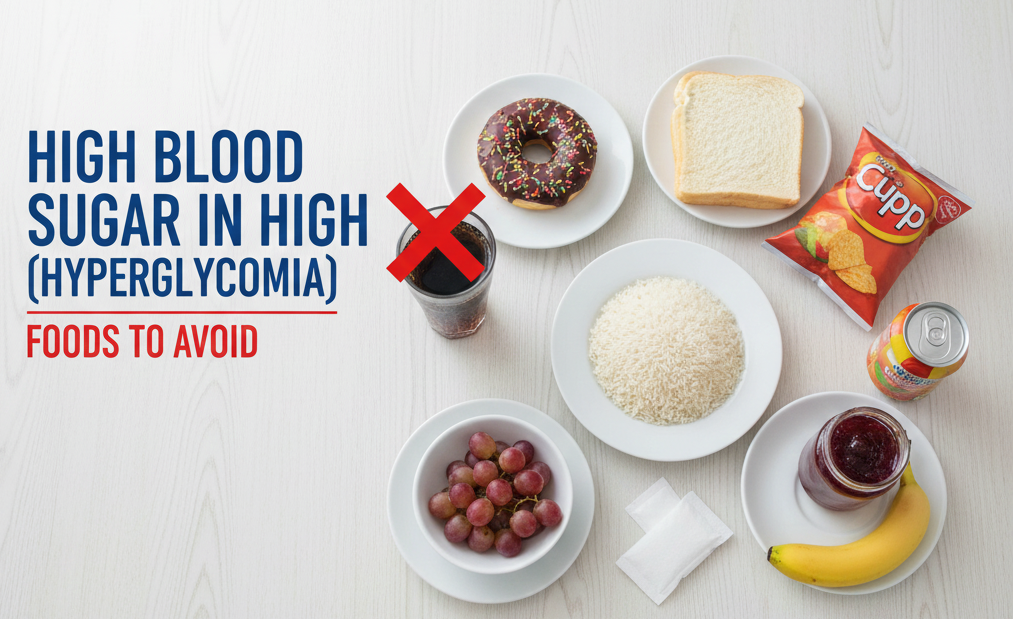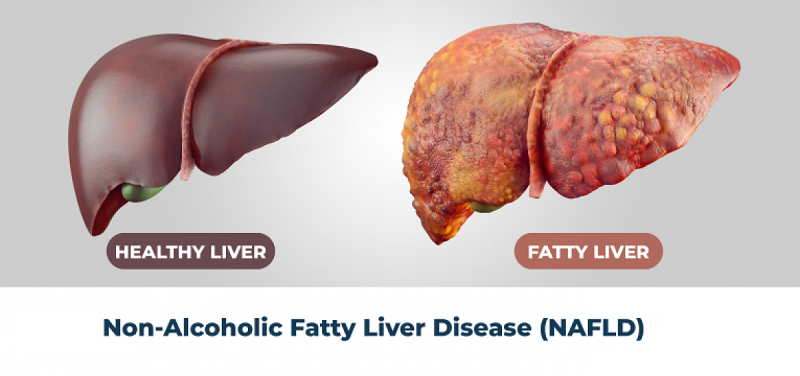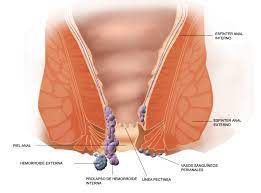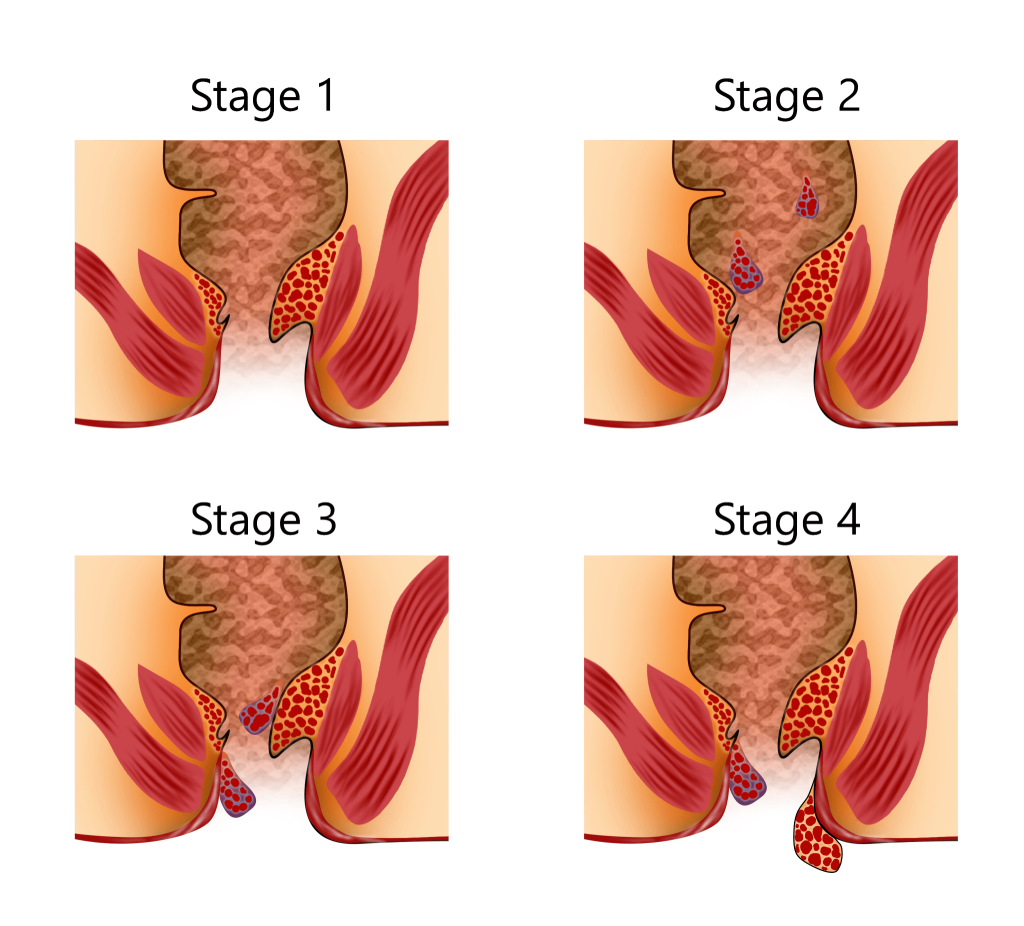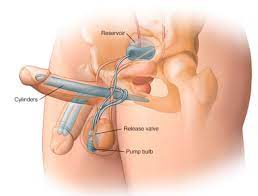How to Prepare for Pregnancy
A Comprehensive Guide: How to Prepare for Pregnancy
Bringing a new life into the world is a profound and life-altering experience. Whether you're actively trying to conceive or simply considering the possibility of pregnancy in the future, preparation is key to ensuring a healthy journey for both you and your baby. Here's a comprehensive guide on how to prepare for pregnancy:
1. **Consult with Your Healthcare Provider:** Before embarking on your journey to pregnancy, schedule a preconception appointment with your healthcare provider. They can provide personalized guidance based on your medical history, lifestyle, and any underlying health conditions.
2. **Focus on Nutrition:** A balanced diet rich in fruits, vegetables, lean proteins, whole grains, and healthy fats lays the foundation for a healthy pregnancy. Consider taking prenatal vitamins containing folic acid, which can reduce the risk of neural tube defects in the baby.
3. **Maintain a Healthy Weight:** Aim for a healthy weight before conception. Being underweight or overweight can affect fertility and increase the risk of complications during pregnancy. Engage in regular physical activity to maintain fitness and manage stress.
4. **Ditch Unhealthy Habits:** Quit smoking, limit alcohol intake, and avoid illicit drugs. These substances can harm your fertility and pose serious risks to fetal development.
5. **Manage Chronic Conditions:** If you have any chronic health conditions such as diabetes, hypertension, or thyroid disorders, work with your healthcare provider to manage them effectively before pregnancy. Well-controlled conditions lead to better pregnancy outcomes.
6. **Screen for Infectious Diseases:** Get tested for sexually transmitted infections (STIs) and other infectious diseases. Left untreated, certain infections can lead to complications during pregnancy and affect the health of the baby.
7. **Review Medications:** Discuss with your healthcare provider any medications you're currently taking, including over-the-counter and herbal supplements. Some medications may need to be adjusted or discontinued during pregnancy.
8. **Undergo Genetic Testing:** Consider genetic testing, especially if you or your partner have a family history of genetic disorders. Screening for carrier status can help you make informed decisions about family planning and prenatal care.
9. **Boost Your Mental Health:** Pregnancy can be emotionally and mentally challenging. Prioritize self-care, manage stress, and seek support from loved ones or a therapist if needed. Addressing mental health concerns before pregnancy sets a positive foundation for the journey ahead.
10. **Educate Yourself:** Take time to learn about pregnancy, childbirth, and newborn care. Attend prenatal classes, read reputable books, and explore reliable online resources. Knowledge empowers you to make informed decisions and navigate the various stages of pregnancy with confidence.
11. **Create a Supportive Environment:** Surround yourself with a supportive network of family, friends, and healthcare professionals who can offer guidance, encouragement, and assistance throughout your pregnancy journey.
12. **Prepare Your Lifestyle:** Assess your living environment and make any necessary adjustments to create a safe and nurturing space for your future child. This may include baby-proofing your home, setting up a nursery, and planning for maternity leave.
13. **Practice Open Communication:** Maintain open and honest communication with your partner about your hopes, fears, and expectations surrounding pregnancy and parenthood. Together, you can navigate the challenges and joys of this transformative experience.
By taking proactive steps to prepare for pregnancy, you not only enhance your chances of conceiving but also lay the groundwork for a healthy and fulfilling journey into parenthood. Remember that every pregnancy is unique, so trust your instincts, listen to your body, and prioritize your well-being every step of the way.

